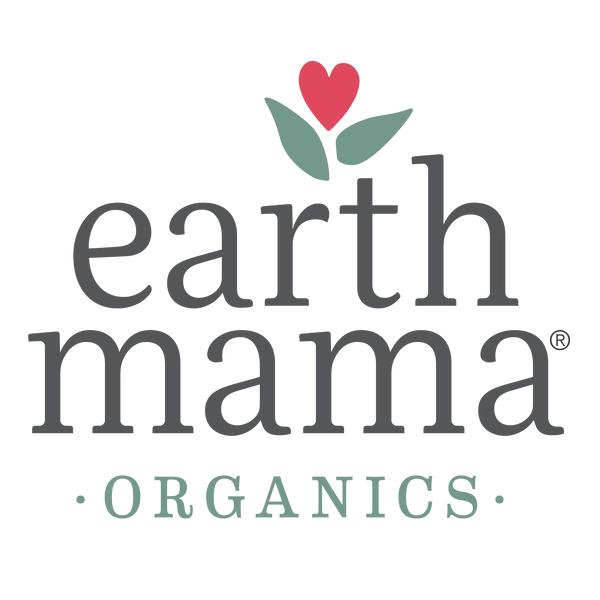Learn
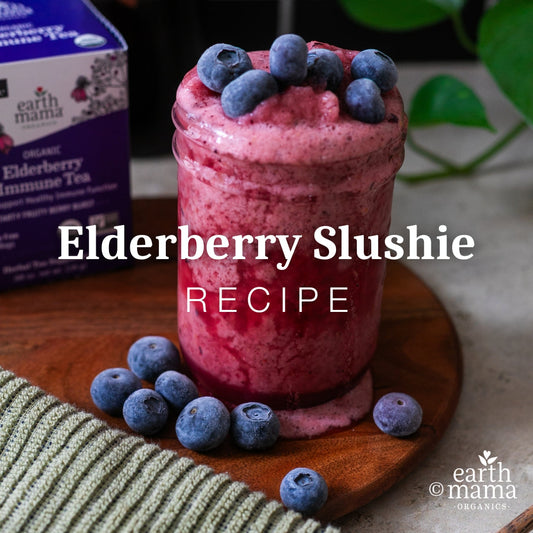
Elderberry Tea Slushie Recipe
Some like their elderberry tea hot, but others love to enjoy it other ways, like as a mocktail or now, in slushie form. Yum! This easy recipe, featuring Earth Mama's...
Elderberry Tea Slushie Recipe
Some like their elderberry tea hot, but others love to enjoy it other ways, like as a mocktail or now, in slushie form. Yum! This easy recipe, featuring Earth Mama's...
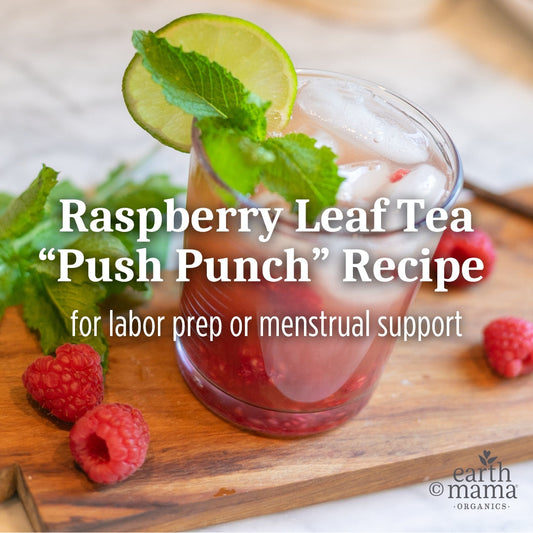
Raspberry Leaf Tea "Push Punch": Your Favorite ...
Up the taste factor of your labor prep tea with Earth Mama's Raspberry Leaf Tea Push Punch, a delicious mocktail that does double duty for late stage pregnancy and menstrual...
Raspberry Leaf Tea "Push Punch": Your Favorite ...
Up the taste factor of your labor prep tea with Earth Mama's Raspberry Leaf Tea Push Punch, a delicious mocktail that does double duty for late stage pregnancy and menstrual...
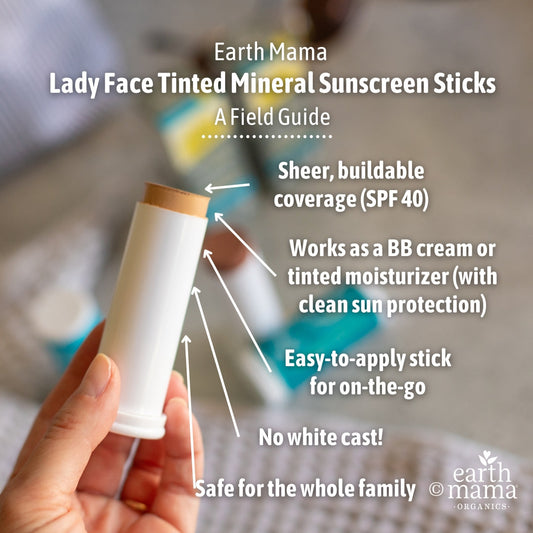
Lady Face® Tinted Mineral Sunscreen Face Stick:...
Looking for the best tinted mineral sunscreen? All the mamas are grabbing Lady Face Tinted Mineral Sunscreen Stick for safe, SPF 40 protection.
Lady Face® Tinted Mineral Sunscreen Face Stick:...
Looking for the best tinted mineral sunscreen? All the mamas are grabbing Lady Face Tinted Mineral Sunscreen Stick for safe, SPF 40 protection.
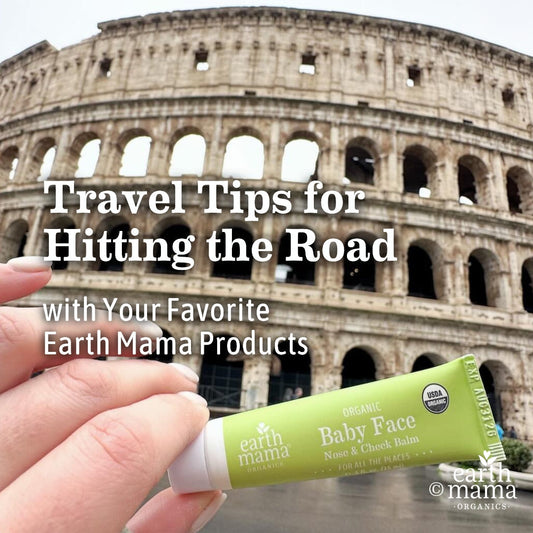
Travel Tips for Hitting the Road with Your Favo...
We asked seasoned Earth Mamas to share their travel tips for hitting the road with their favorite safer products.
Travel Tips for Hitting the Road with Your Favo...
We asked seasoned Earth Mamas to share their travel tips for hitting the road with their favorite safer products.
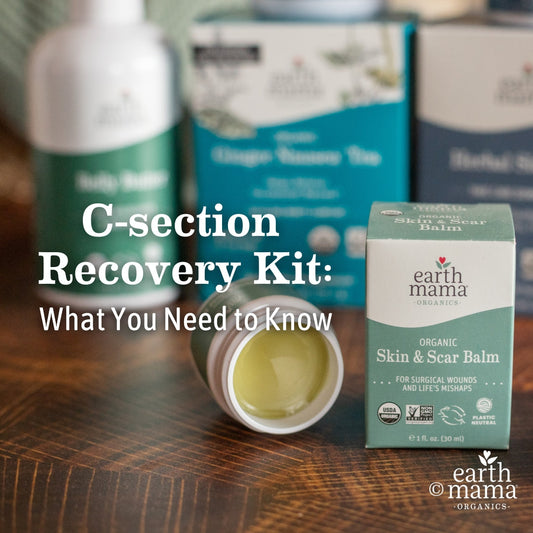
C-section Recovery Kit: What You Need to Know
We asked a two-time c-section mom to share what she would have packed in her c-section recovery kit. Here’s what you need to know to make sure you're covered!
C-section Recovery Kit: What You Need to Know
We asked a two-time c-section mom to share what she would have packed in her c-section recovery kit. Here’s what you need to know to make sure you're covered!
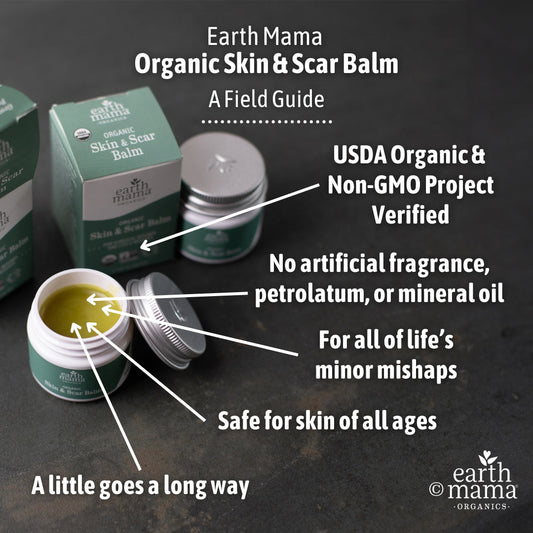
Organic Skin & Scar Balm: A Field Guide
Here's why Earth Mama's Organic Skin and Scar Balm should be a fixture in your family's bathroom cabinet to help give a little TLC to skin of all ages.
Organic Skin & Scar Balm: A Field Guide
Here's why Earth Mama's Organic Skin and Scar Balm should be a fixture in your family's bathroom cabinet to help give a little TLC to skin of all ages.
